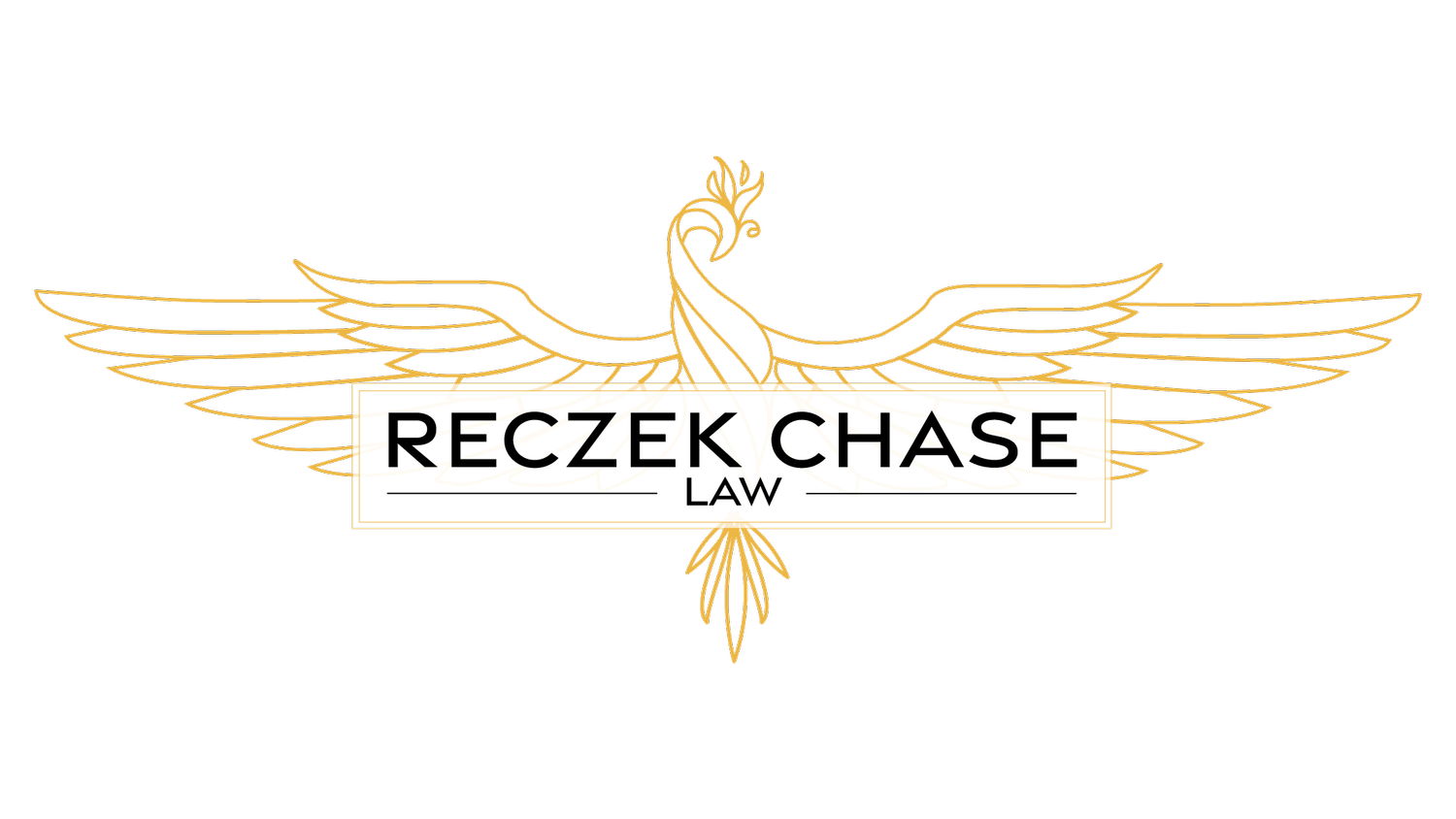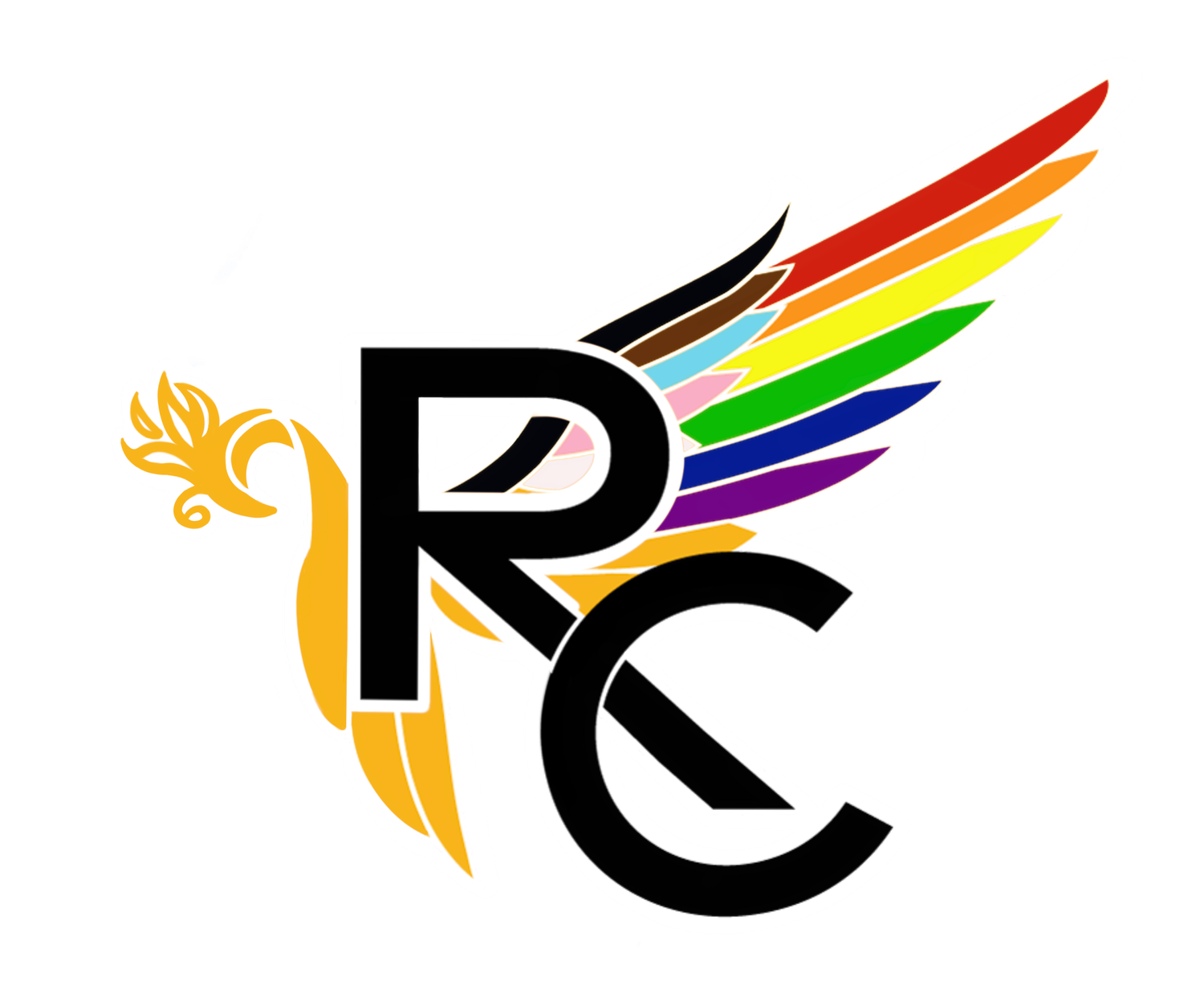Preparing for a consultation.
Meeting a lawyer to decide whether you want to hire them can be stressful. My hope in writing this is that I can take some of the stress away from that experience, and help you understand why these initial meetings are important.
Just like with any relationship you have, several considerations go into hiring a lawyer. You want to make sure that you find an attorney who is empathetic, good at communicating in plain language (us lawyers tend to operate in a world of legalese, which, to a normal person, is a different language all together), and you want to find an attorney who understands your needs and goals above all else. I often joke that finding the right lawyer is kind of like trying on clothes. Some shirts fit you and your style, and make sense to make a purchase. But, not every shirt you try on will be a good fit. These initial conversations really serve as a “fitting room” for you to decide if the lawyer you’re meeting with is a good fit for your needs.
Initial consultations, generally, allow you, as a prospective client, to get a feel for your attorney’s personality, how they like to manage the cases of their clients, and how they like to guide their clients through the process of their case. Usually, your attorney is looking for a lot of the same things: whether your case is the type they are best equipped to help on, whether their personality and lawyering style is what you need for the circumstances of your case, and whether the lawyer’s personality and style are suitable to your personality and style. For example, some people want a lawyer who will get every ounce of blood and money from the other party. Others want an attorney who will give all parties involved a fair shake in the case, and work toward a solution that will be lasting and manageable for the duration of the relationship between the litigants.
Usually, I follow the latter approach, and try to keep the issues involved in your case as amicable as possible. But, that does not mean I’m not ready, willing, or able to fight for you on the issues that truly matter to you and the ultimate outcome of your case.
Keeping things civil allows you to let go of some of the things that would keep you up worrying at night. My goal for every client is to make the legal processes involved in your case understandable and as free from surprise as humanly possible.
Inevitably, surprises do happen in any case that implicates the justice system. When those surprises do happen, it is important for you to trust your attorney to keep your interests and goals in the forefront, to guide you through that surprise, and—hopefully—manage the surprise in such a way that is beneficial to you and your case.
With all that in mind, here are a few things to think about before you go into that initial consultation with your lawyer:
GOAL SETTING: What do I want my life to look like three months from now? What do I want my life to look like one year from now? What do I want my life to look like ten years from now?
When you are in the heat of a dispute, it is hard to think about and get in the mindset that it will end, and you will be left to figure out what to do after. Thinking about these questions allows you to step back, and imagine how the legal issue you’re now dealing with will impact your life in both the short term and the long term.
For example, you are in a custody dispute, and your child is two years old. You may be inclined to think about the situation as it currently exists: you want an agreement that dictates who watches your child while you are at work, who watches your child while their other parent is at work, and how much time you actually get to spend with your child. But, your child will eventually start school, start extra-curricular activities like sports or clubs, and will need more flexibility in who, when, and where their parents make exchanges. And, you may decide to make a career change, or get a new work schedule that makes it hard for you to comply with the agreement as it was when your child was two. Keeping these long-term goals in mind will help you escape the fear and uncertainty of the moment, and think about life for you and your child after the dispute is over.
This is also a good space to think about what your goals are, overall, for your case. If you just want agreement, and want to be involved with court as little as possible, then that is totally up to you. If you don’t want your child around a certain person or going certain places, and that is non-negotiable, then you will have those non-negotiable needs in the forefront of your mind when you finally sit down to talk about your case with your lawyer. If certain things don’t matter to you in the grand scheme of things, like which foods your child can eat, then that’s a great thing to remember, too.
PERSONALITY MATCH: What do I want from my lawyer? Do I want someone to fight about everything, or do I want someone who will help me get solutions to my problems in a way that does not make me resentful of the other party?
Some people need a lawyer who is a bulldog. By that, I mean they need someone to fight everything in the case every time. If you set your goals, and tell those to your lawyer, then they will have a good sense of how to identify the pressure points in the case, and anticipate and advise you on how they plan to manage those pressure points.
HONESTY and TRUST: Perhaps above all else, being honest with the lawyer you are meeting with is always necessary. If you don’t give the attorney all the information they need, or if you embellish parts of what happened, or if you just don’t tell them the truth of the matter, then they will not be able to give you an accurate plan or idea about what you need in your case. If that information comes out subsequently, then it may create a host of problems in your case and in your relationship with your lawyer. This is the case because your lawyer relies on you to tell them information so they can tell the court. Lawyers have a duty of candor—i.e. to be honest and forthcoming—with the court. If it turns out that your lawyer lied to the court based on what you told them, then that undermines both your and your lawyer’s credibility with the court, and could result in complaints against the lawyer with the board that oversees and makes judgments on whether we can continue to practice law. Being able to trust your lawyer, and your lawyer being able to trust you, is the foundational requirement for the attorney/client relationship. Just be honest about your case during the initial meeting, and trust will follow.
These are just a few things, but they should be helpful to you in deciding if they lawyer you’re meeting with is a good fit for you and whether you want to hire them. And, it should make that initial consultation a lot easier on both you and the attorney you’re meeting with.
As always, I offer free initial consultations that you can schedule under the “Scheduling” tab of this website. If you have questions before then, you can email or call and I would be happy to address any concern you have.

